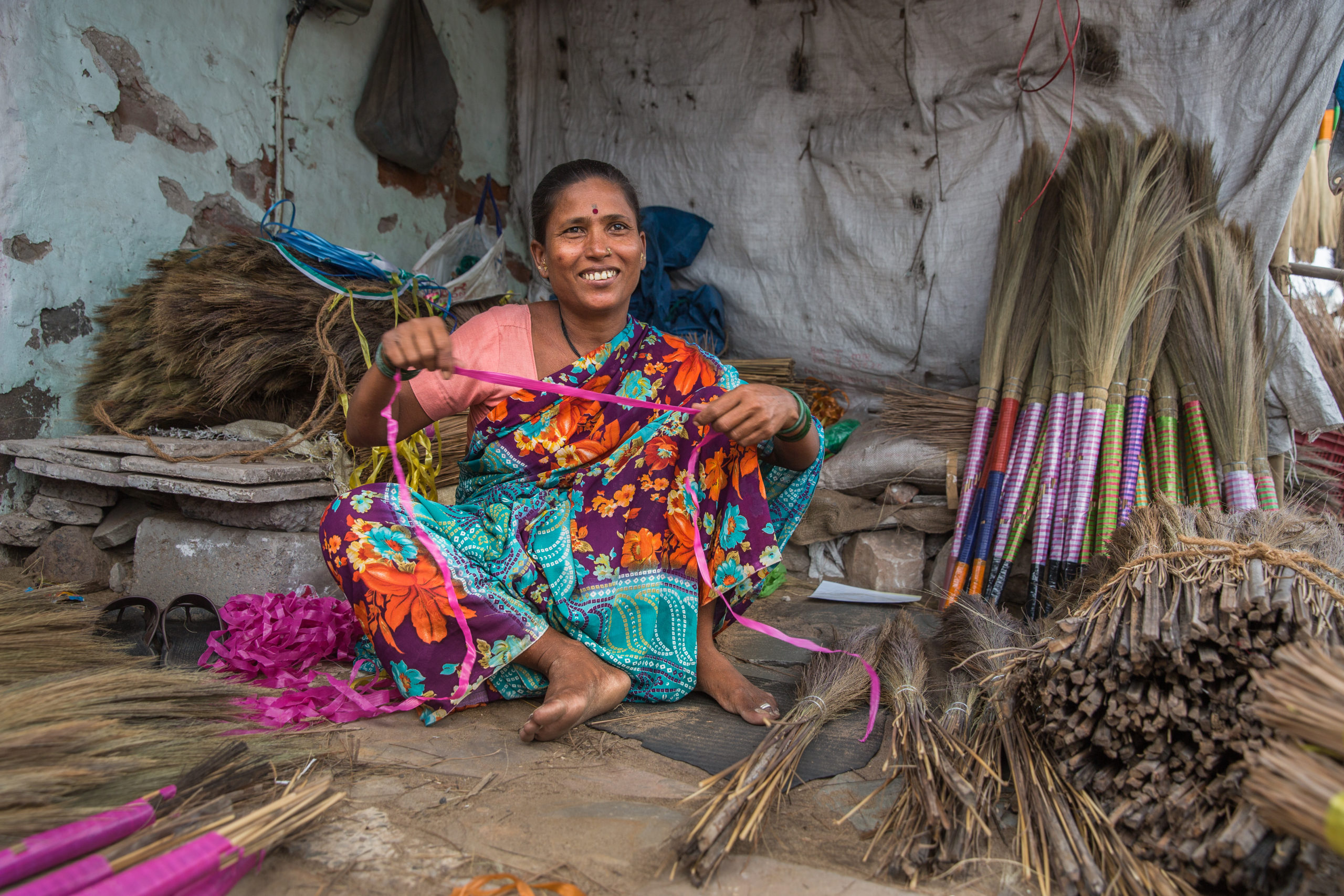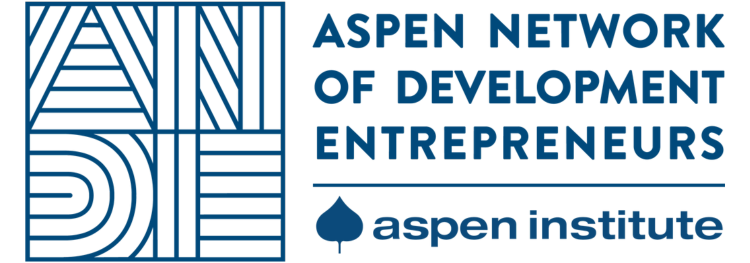
The following are the winners of the ARISE grant and short descriptions of their proposed projects.
East and Southeast Asia
Gender and Development for Cambodia
This research investigates the various challenges women entrepreneurs face when trying to access finance. In particular, it focuses on the challenges related to intersectional identities that affect their ability to access financial products, services, and investment. The study looks at various intersectional identities, such as age, ability status, religion, family composition, sexual orientation, and gender, to better understand how these factors contribute to creating unique barriers for women entrepreneurs.
South Asia
Women’s Awareness Centre Nepal
Nepal has a widespread network of Savings and Credit Cooperative Organizations (SACCOs), which offer loans for business activities, are popular among women. SACCOs have the potential to significantly contribute to the entrepreneurial ecosystem, especially for women, due to their extensive reach in Nepal. According to the Nepal National Economic Census, almost 95% of all establishments in the country are micro-enterprises, and a significant portion of them are owned or managed by women. Therefore, this research project will investigate the impact of credit provided by SACCOs on developing micro-enterprises owned by women in Nepal.
SEWA Bharat (India)
This research examines bridge institutions’ role in supporting the growth of grassroots women’s enterprises. Bridge institutions provide credit and credit-related services, such as training, assistance with loan applications, and other business support services to women’s enterprises. They act as intermediaries between individual women entrepreneurs and banks/financial institutions. This project aims to determine whether and how bridge institutions contribute to reducing the gender gap in financing and identifying the best practices that improve access to credit.
Latin America
Universidad CINDEHU & Rose Grant (Mexico)
This research seeks to document the experiences and best practices of 100 women entrepreneurs who have effectively entered the financial system in mid-sized cities. As entrepreneurs in mid-sized cities have access to fewer opportunities and finance than women in major cities, the study aims to identify critical factors contributing to their success. CINDEHU & Rose Grant will integrate the best practices into their mentoring programs to assist other women entrepreneurs.
Africa
Dream Factory Foundation (South Africa, Botswana, Zambia)
Women in Africa face more challenges in raising finance for starting or running a business than men. This is attributable to women owning fewer assets and having less collateral than men, which are required to secure large loans. Therefore, women are more likely to rely on informal and unregulated financing. Focusing on the intersectionality between gender and immigrant identity, the Dream Factory Foundation aims to examine the experiences and challenges that women entrepreneurs face when accessing funding, informal credit, and investment instruments ultimately to to identify gaps in the support ecosystem for the studied women entrepreneurs.
Rose Women’s Foundation (Kenya)
Many women who own micro-enterprises cannot access formal financial markets due to their lack of guarantors and historical credit records. To address this issue, the ROSE Women’s Foundation is working to create a comprehensive and alternative credit score system that would allow women micro-entrepreneurs to access credit and provide financial institutions with an entry point into this untapped market. Their research goal is to develop a reliable credit scoring tool that financial institutions can adopt to provide credit access to marginalized women entrepreneurs at scale.
The African Crowdfunding Association (South Africa)
A previous report by ACFA highlighted that women fund managers in Africa are using unconventional fund structures that are flexible and low-cost to raise capital. This approach enables them to provide an adjustable funding source to women-led small and medium sized enterprises (SMEs) and helps them build a track record as fund managers. Based on the previous research, the association plans to conduct a more in-depth analysis of the types of fund structures that work best for women fund managers and whether the system varies by country. The organization also intends to promote and advocate for alternative fund structures, targeting first-time fund managers and donors.
African Entrepreneurial Ecosystems Investors (Pan Africa)
AEEI’s previous research has found that women angel investors tend to apply a gender lens when investing, which is advantageous for female entrepreneurs. However, women angel investors make fewer investments and invest lower amounts than their male counterparts. As a result, AEEI is conducting research to comprehend the obstacles women angel investors encounter when making more significant investments and how to overcome them. This study could directly impact women entrepreneurs with startups since angel investors are frequently involved in early-stage investing.
Advancing Research and Investment Standards for Gender Equity.




